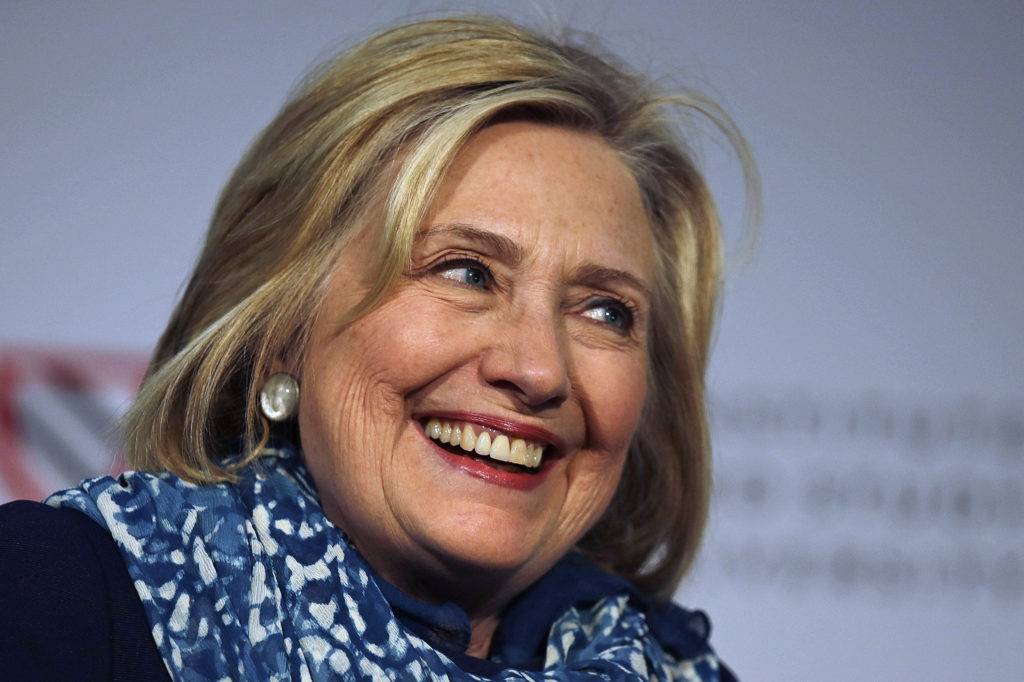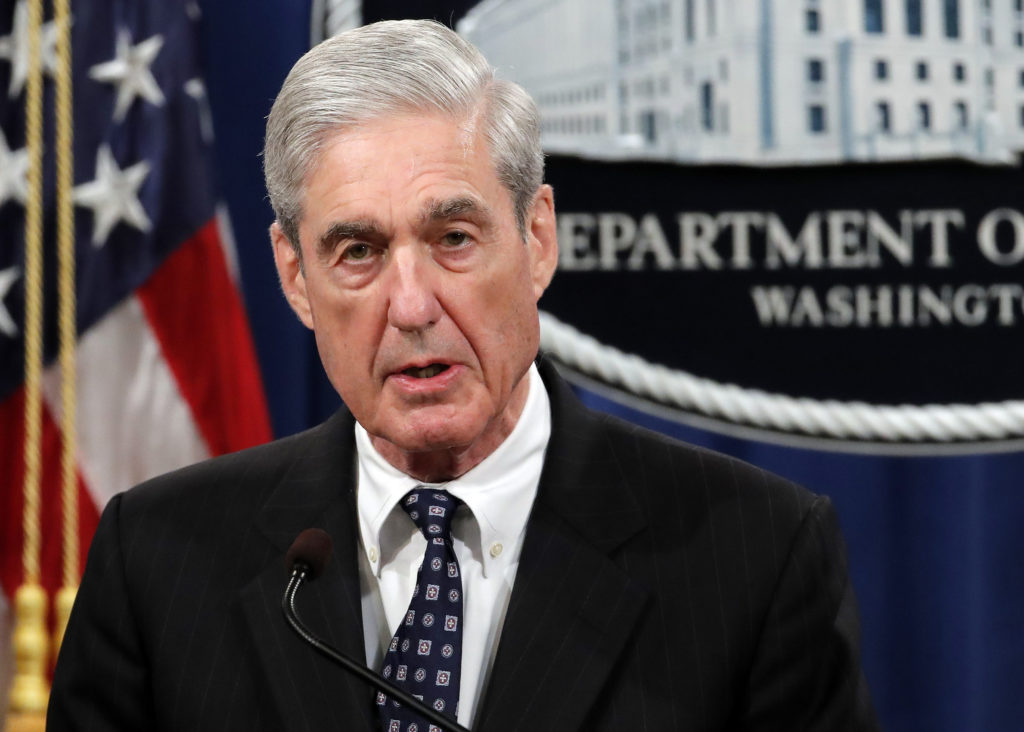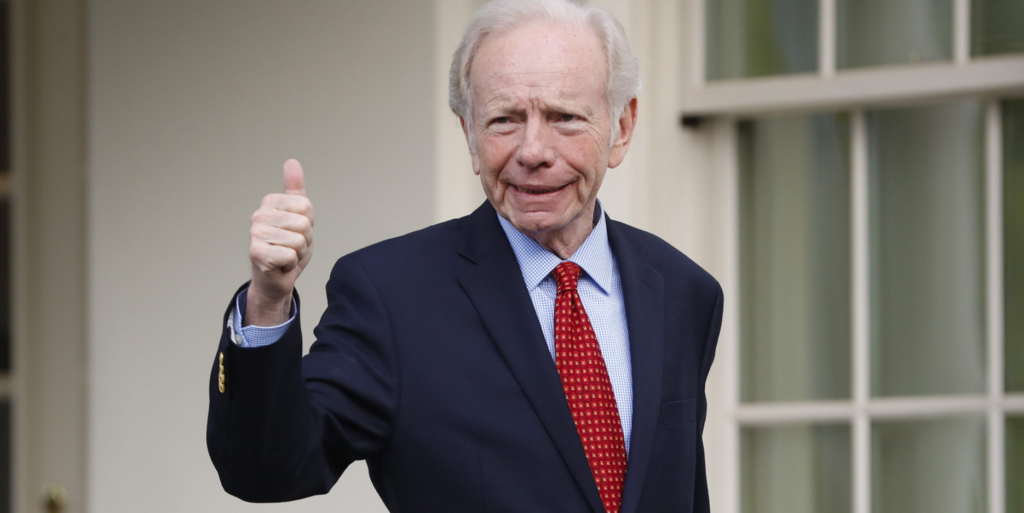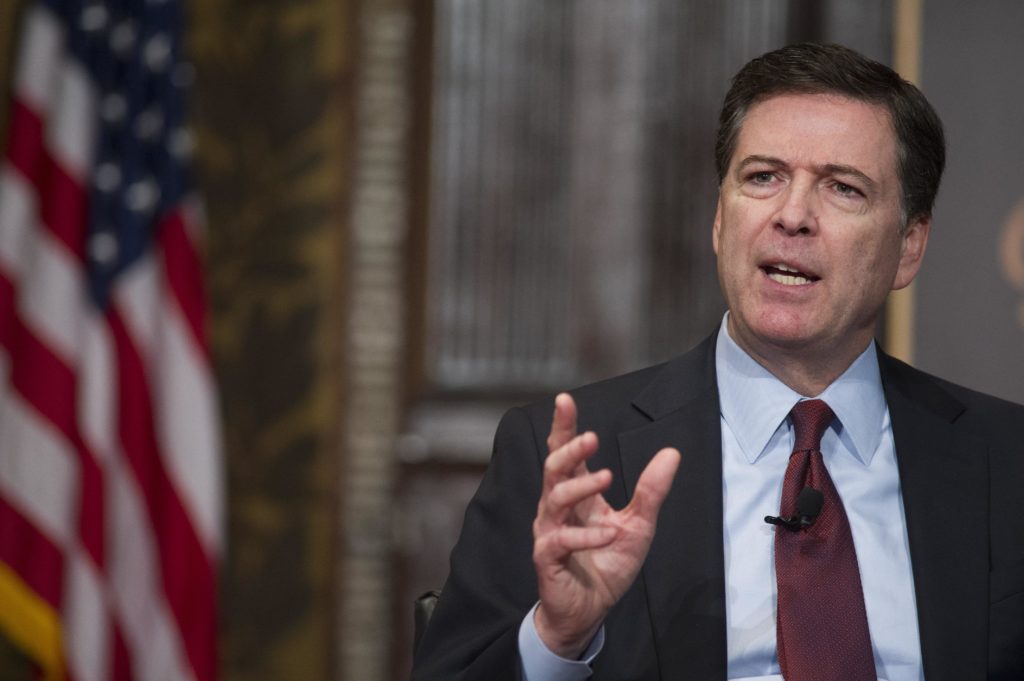Alabama leads nation in eliminating Chinese Communist Party influence in higher education

Lawmakers hailing from both sides of the aisle in Washington are shifting their focus to an increasingly relevant threat towards national security and academic freedom: Confucius Institutes. Funded by the Chinese Communist Party (CCP), these institutes have expanded to over 67 individual university campuses nationwide, with an additional 500 Confucius Classrooms at K-12 schools. Ambiguously labeled as cultural centers, Confucius Institutes have simultaneously proven themselves to be a vehicle of China’s political agenda through propaganda and intelligence gathering. Within these classrooms, historical events are only permitted to be discussed through a rosy lens towards the Chinese government, while documented events such as the 1989 Tiananmen Square protests, or the current human rights abuses against the Uyghurs, are prohibited from the entirety of classroom discourse. During a U.S. Senate Intelligence Committee hearing, Federal Bureau of Investigation (FBI) Director Christopher Wray confirmed that the FBI has observed China use “nontraditional collectors, especially in the academic setting” to engage in espionage and will continue to take “investigative steps” at Confucius Institutes. Additionally, the U.S. Department of State designated Confucius Institutes as “an entity advancing Beijing’s global propaganda and malign influence campaign on U.S. campuses and K-12 classrooms.” The state of Alabama has hosted two Confucius Institutes in its history; with established institutes at Alabama A&M University, Auburn University at Montgomery, and Troy University. Alabama A&M University’s Confucius Institute successfully closed in April 2021 after receiving notification of a potential loss of eligibility for federal funds. Other key actors in the state who advocated for the closure of Confucius Institutes include groups such as the College Republican Federation of Alabama as well as legislators Congressman Mo Brooks and State Representative Tommy Hanes (R-Bryant). Congressman Mo Brooks, a member of Alabama’s congressional delegation, was one of the initial Washington lawmakers to bring attention to the influence of Confucius Institutes. Brooks has served as an original cosponsor for the Higher Education Transparency Act, the Transparency for Confucius Institutes Act, the Foreign Influence Transparency Act, in addition to bipartisan effort, the Concerns Over Nations Funding University Campus Institutes in the United States (CONFUCIUS) Act. While the state of Alabama has made national headway in approaching the closure of Confucius Institutes within its state, not all of Alabama’s leading figures are zealous to join the national movement to limit foreign influence in the U.S. education system. Alabama House Bill 9 and Senate Bill 280, respectively, intended to cease funding of Confucius Institutes and were both opposed by Chair of the House Education Policy Committee, Terri Collins (R-Decatur), and Senator Jim McClendon. It was later revealed that Senator McClendon embarked on a 2015 Confucius Institute-sponsored trip to China. A number of former Alabama legislators, including a Troy University board of trustees member, also participated in the same Confucius Institute-sponsored international trip. Troy University continues to defend its relationship with its Confucius Institutes in a written statement, “Troy University’s association with the Confucius Institute has been positive, and we have seen no evidence of undue political influence from the Chinese government nor has there been any evidence of intellectual theft.” Time will tell if the state of Alabama will continue to lead the nation in defending national security and preserving academic freedom through the closure of the state’s last remaining Confucius Institute at Troy University.
38 people cited for violations in Hillary Clinton email probe

The State Department has completed its internal investigation into former Secretary of State Hillary Clinton’s use of private email and found violations by 38 people, some of whom may face disciplinary action. The investigation, launched more than three years ago, determined that those 38 people were “culpable” in 91 cases of sending classified information that ended up in Clinton’s personal email, according to a letter sent to Republican Sen. Chuck Grassley this week. The 38 are current and former State Department officials but were not identified. The investigation covered 33,000 emails that Clinton turned over for review after her use of the private email account became public. The department said it found a total of 588 violations involving information then or now deemed to be classified, but could not assign fault in 497 cases. For current and former officials, culpability means the violations will be noted in their files and will be considered when they apply for or go to renew security clearances. For current officials, there could also be some kind of disciplinary action. But it wasn’t immediately clear what that would be. The department began the review in 2016 after declaring 22 emails from Clinton’s private server to be “top secret.” Clinton was then running for president against Donald Trump, and the now-president made the server a major focus of his campaign. Then-FBI Director James Comey held a news conference that year in which he criticized Clinton as “extremely careless” in her use of the private email server as secretary of state but said the FBI would not recommend charges. The Justice Department’s inspector general said FBI specialists did not find evidence that the server had been hacked, with one forensics agent saying he felt “fairly confident that there wasn’t an intrusion.” Grassley started investigating Clinton’s email server in 2017, when he was chairman of the Senate Judiciary Committee. The Iowa Republican has been critical of Clinton’s handling of classified information and urged administrative sanctions. By Matthew Lee and Mary Clare Jalonick Associated Press Republished with the permission of the Associated Press
‘It will not be easy’: Dems prepare for their Robert Mueller moment

Some are watching old video of his previous testimony. Others are closely re-reading his 448-page report. And almost all are worrying about how they’ll make the most of the short time they’ll have for questioning.Robert Mueller, the Democrats know, will be tough to crack. The stern, reticent former FBI director has said he won’t answer questions beyond what is in the report on Russia’s election meddling and the Trump campaign and possible obstruction of justice when he comes to Congress on July 17. Mueller is expected to testify in front of the Judiciary and intelligence committees for two hours each, with time split evenly between Republicans and Democrats, though that timing is still a subject of negotiations. That means Democrats will have to be efficient and targeted in their attempts to extract information from the former special counsel and spotlight what they say are his most damaging findings against President Donald Trump. “It will not be easy,” said Rhode Island Rep. David Cicilline, a Democratic member of the Judiciary Committee. He added: “We just have to be very smart about how we use the time and really give the special counsel the time to tell the story.” Cicilline says he’s reading the report a second time, thoroughly, with an eye toward what he wants to ask. Separately, a Democratic aide said staff members have been watching old videos of Mueller testifying as FBI director during the administrations of Presidents George W. Bush and Barack Obama. They’re looking to see how he’ll act, the aide said, and they have noticed he gives minimal commentary when answering questions. The aide was not authorized to discuss internal preparations for the hearing and requested anonymity. Wary of their challenging witness, Democratic members of the Judiciary Committee huddled Wednesday evening to discuss strategy for questioning Mueller, along with other topics. Exactly how the hearing will be structured is still being negotiated, members said as they emerged, but Democrats are expected to divvy up the questions in a methodical way. Among the topics up for discussion as the hearing approaches: Should they work through the report step by step, or paint a general picture? Will every member be able to speak in the short time they have? And what can they do to best crystalize the findings of a report that they believe Americans haven’t read or absorbed? New York Rep. Hakeem Jeffries, a member of the panel, said before the meeting that he expects to discuss “what the team strategy is going to be as we begin an intensive phase of preparation.” Republicans seem to have given it less thought. Ohio Rep. Steve Chabot, a senior GOP member of Judiciary, said he hasn’t started preparing and expects little news from the event. He said Democrats are just “chasing their tails” and are aiming to placate base voters who want to see the Democratic House majority take on the president. “It’s possible a few people could change their opinion, but overall I think it’s not likely,” Chabot said. The Judiciary Committee is expected to focus on the second half of Mueller’s report, which details multiple episodes in which Trump attempted to influence the investigation. Mueller said he couldn’t exonerate the president on obstruction of justice. The House’s intelligence panel, which will go second, will focus on the first half of the report, which details Russian interference in the presidential election. Mueller said there wasn’t enough evidence to establish a conspiracy between Russia and the Trump campaign, but detailed several contacts between the two as well as the Trump campaign’s willingness to accept Russian help. Under a deal struck with the committees, two of Mueller’s deputies — James Quarles and Aaron Zebley — are expected to meet with the panels in separate closed sessions after Mueller’s public hearing. But that might be in jeopardy as the Justice Department has pushed back on the arrangement, according to two people familiar with the negotiations. They requested anonymity to discuss the private talks. The chairman of the intelligence panel, Rep. Adam Schiff, Democrat-California, said Tuesday said he wouldn’t discuss the details of those negotiations, but that the deputies have agreed to appear and “I have no reason to believe that will be unsuccessful.” One issue that Judiciary members are expected to focus on is whether Mueller will state whether Trump would have been charged with a crime were he not president. Jeffries said that answer could “strike to the heart of why a prosecution or recommendation to prosecute wasn’t included in the report.” Mueller said at a May news conference that charging a president with a crime was “not an option” because of longstanding Justice Department policy. But Democrats want to know more about how he made that decision, and when. It’s unclear if he will go beyond his previous comments. Mueller, who was reluctant to testify at all, has been firm that he will stick to what’s already in the report. Some lawmakers say that’s OK and just want to reach a broader audience of Americans who they fear have tuned out. “This isn’t a question of creating a narrative,” said Florida Rep. Ted Deutch, another Democrat on the Judiciary Committee. “The narrative is already out there. It’s simply highlighting what is already there.” By Mary Clare Jalonick and Lisa Mascaro Associated Press Associated Press writer Michael Balsamo contributed to this report. Republished with the permission of the Associated Press.
FBI chief: No evidence of illegal spying on Donald Trump campaign

WASHINGTON (AP) — FBI Director Chris Wray said Tuesday that he does not consider court-approved FBI surveillance to be “spying” and said he has no evidence the FBI illegally monitored President Donald Trump’s campaign during the 2016 election. His comments at a Senate Appropriations subcommittee hearing broke from Attorney General William Barr, who has described as “spying” FBI surveillance during its investigation into potential collusion between the Trump campaign and Russia. Barr has not said such surveillance was necessarily improper, but Trump nonetheless seized on those comments to suggest his campaign was spied on in an illegal and unprecedented act. Asked by Sen. Jeanne Shaheen, Democrat-New Hampshire, if he would say that the FBI is “spying” when it investigates suspected terrorists and mobsters while following “investigative policies and procedures,” Wray replied, “Well, that’s not the term I would use.” He added: “I believe that the FBI is engaged in investigative activity, and part of investigative activity includes surveillance activity of different shapes and sizes. And to me, the key question is making sure that it’s done by the book, consistent with our lawful authorities. That’s the key question. Different people use different colloquial phrases.” Wray declined to discuss in detail the FBI’s investigation into the Trump campaign because of an ongoing Justice Department inspector general probe into the origins of the Russia inquiry. Barr has said he expects the watchdog report to be done in May or June. But asked whether he was aware of evidence that the FBI had illegally spied on the Trump campaign, Wray said, “I don’t think I personally have any evidence of that sort.” Barr is investigating whether there was a proper basis for the FBI to open a counterintelligence investigation into ties between the Trump campaign and Russia. The recently concluded investigation from Special Counsel Robert Mueller did not find a criminal conspiracy between the campaign and the Kremlin to tip the outcome of the 2016 presidential election. “The attorney general is seeking to understand better the circumstances at the department and the FBI relating to how this investigation started, and we’re working to help him get that understanding,” Wray said about the Justice Department’s review. “I think that’s part of his job and part of mine.” Barr didn’t specify what he meant when he said he believed there had been spying on the Trump campaign, though he also said that he did not mean the word in a negative way. At a hearing last week, he described “spying” as a “good English word” encompassing “all forms of covert intelligence operations” and said he wouldn’t back away from using it. The FBI obtained a secret surveillance warrant in 2016 to monitor the communications of former Trump campaign aide Carter Page, whose interactions with Russia had raised law enforcement suspicions even before he joined the campaign. The New York Times reported last week that the FBI used a woman posing as a research assistant to approach ex-Trump campaign adviser George Papadopoulos, who was told by a Maltese professor in the spring of 2016 that Russia had “dirt” on Democrat Hillary Clinton in the form of stolen emails. In his book about his entanglement in the Russia probe, “Deep State Target,” Papadopoulos wrote that the woman, who identified herself as Azra Turk, asked him about his work with the Trump campaign. “She wants to know: Are we working with Russia?” he wrote. He described her question as “creepy” and said he told her he had “nothing to do with Russia.” Papadopoulos later pleaded guilty to lying to the FBI about his interactions with the professor, Joseph Mifsud.
Joe Lieberman, 3 others meet with Trump about FBI director job

Four potential candidates to lead the FBI – including former Connecticut Sen. Joe Lieberman – have met with President Donald Trump and Attorney General Jeff Sessions. Former Oklahoma Gov. Frank Keating; Andrew McCabe, currently the bureau’s acting director; and Richard McFeely, a former top FBI official, also went to the White House for interviews on Wednesday. The meetings came more than a week after Trump fired James Comey from his post as FBI director. Trump said Monday that the search for a successor to Comey was “moving rapidly.” He also has said he could name a candidate by the end of the week, before he departs Friday afternoon on his first overseas trip as president. The Senate must confirm whoever Trump nominates. Press Secretary Sean Spicer informed reporters about the meetings as Trump flew to Washington after addressing U.S. Coast Guard Academy graduates in Connecticut. Asked as he left the White House whether he would say ‘yes’ if Trump offered him the job, Keating said, “I’m a public servant.” He added, “Let’s just say we had a good conversation.” Lieberman gave a thumbs-up to reporters camped out on the White House driveway and said “It was a good meeting.” McFeely departed without comment. Reporters did not see McCabe when he left the complex. Lieberman served in the Senate for more than two decades and was the Democratic vice presidential nominee in 2000 with then-Vice President Al Gore. Lieberman lost his 2006 Democratic primary bid but won Senate re-election as a third party candidate. Lieberman spoke at the 2008 Republican National Convention on behalf of his friend, Arizona Sen. John McCain, and did not seek re-election in 2012. He has served as co-chairman of No Labels, a centrist group that promotes bipartisanship. Keating, a Republican, was a two-term governor of Oklahoma and led the state during the deadly 1995 bombing of a federal building in Oklahoma City. A former FBI agent, Keating served in the administrations of Presidents Ronald Reagan and George H.W. Bush. McCabe became acting director following Comey’s dismissal on May 9. The veteran FBI official made headlines for congressional testimony last week that rejected the White House’s claim that Comey had lost the support of rank-and-file agents. He also disputed the administration’s characterization of an investigation into potential coordination between Russia and the Trump White House. Several other candidates have withdrawn from consideration, including Rep. Trey Gowdy of South Carolina and Sen. John Cornyn of Texas, both Republicans; Alice Fisher, the former head of the Justice Department’s criminal division; and Michael Garcia, a former U.S. attorney from Manhattan. Republished with permission of the Associated Press.
GOP leaders dismiss James Comey firing as fleeting political drama

Chaos is President Donald Trump’s style, yet as long as the Republican delivers on health care, taxes and tapping a new FBI director as solid as his Supreme Court pick, GOP leaders say everything will be just fine. While Trump’s abrupt firing of FBI Director James Comey roiled Washington, Republicans who attended the national committee’s spring meeting outside San Diego this week defended the president’s actions and insisted that they would have little political impact on midterm elections next year. Even Trump’s Friday morning tweetstorm warning Comey that he had better hope there are no “tapes” of their private conversations and threatening to cancel White House media briefings failed to dent his support among several GOP leaders. Peter Goldberg, an Alaska committeeman, said Trump’s latest tweets about Comey are “just a distraction” and that reaction to the firing is like “a bee buzzing around your head. It’s going to go away. I think it’s going to disappear.” Goldberg, who grew up in New York, said he understood Trump’s style of governing. “Even during the campaign, some people might have thought of him as brash and I just thought of it as just an average New Yorker. It wasn’t bad, it’s just part of the culture where he was living.” Republicans said the issues that Trump campaigned on — repealing the Affordable Care Act, cutting taxes and boosting border security — would determine if the party keeps control of both houses of Congress. Trump addressed the crowd in a five-minute video, telling them their support will help Republicans keep control of the House next year and make gains in the Senate. “I’ll be going around to different states. I’ll be working hard for the people running for Congress and for the people running for the Senate. We could pick up a lot of seats, especially if it all keeps going like it’s going now,” the president said. Ron Nehring, a former committee member and former California Republican Party chairman, said Comey’s firing was far more important to journalists and Washington insiders than voters. “Every day that something unexpected comes up out of the White House, we see people freaking out and then outside of Washington it doesn’t really have that big of an impact,” he said. Dirk Haire, chairman of the Maryland Republican Party, said every president brings a new style. “President Trump’s style is chaos,” Haire said. “Would I personally like that? No, it would drive me nuts. That’s just the way he operates.” Among leading talk radio conservatives on Friday, criticism was directed at the news media for the use of anonymous sources on the story, not Trump. Laura Ingraham tweeted that the reporting was “false,” while Hugh Hewitt said Comey’s successor was what mattered. Hewitt did critique Trump’s suggestion that the White House cease holding briefings. Trump “needs more direct on-the-record” contact with the media, “not less,” Hewitt posted on Twitter. The harshest criticism came from conservative Erick Erickson, who described Trump as “self-immolating.” “The overwhelming majority of Trump voters will double down in their support of Trump,” Erickson wrote on his website Friday morning. “Many of us see this as unhinged, suspicious and headed toward impeachment-level.” At the RNC meeting, Kris Warner, a West Virginia committeeman, predicted that Comey’s successor will put to rest any voter misgivings about Trump’s handling of the FBI, holding up the president’s selection of Neil Gorsuch for a long-vacant seat on the Supreme Court as an example. “I expect nothing short of someone beyond reproach and (it) will be exactly what the country needs,” said Warner, a Trump delegate at last year’s party convention. “Look at his Supreme Court pick. Very impressed with that, and I would expect him to do the same with the FBI.” Party leaders said Trump was right to fire Comey, or at least that he had a right to do it. Kyle Hupfer, chairman of the Indiana Republican Party, said picking the FBI chief is a president’s prerogative, despite tradition that the post be held for 10 years regardless of who occupies the White House. He said backlash to Comey’s dismissal was “not resonating” with Indiana voters. David Bossie, a Maryland committeeman who was Trump’s deputy campaign manager during the final leg of last year’s race, conceded the news could have been better explained. “I think the White House communications shop needs to do a little better, and I think they’re going to get better at what they’re doing,” he said. “I think we had some mixed messages out there that didn’t help matters at all. But the president made the decision to fire Jim Comey. How that happened and the semantics of the timeline, people can debate over the next couple days.” On Thursday, about 300 protesters marched on the beach, chanting, “Hey, hey, ho, ho, Donald Trump has got to go!” They were kept a good distance from the iconic Hotel del Coronado, where some party members looked out from a patio bar. Republished with permission of The Associated Press.


